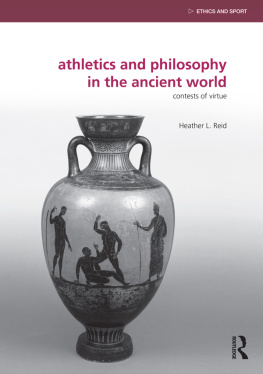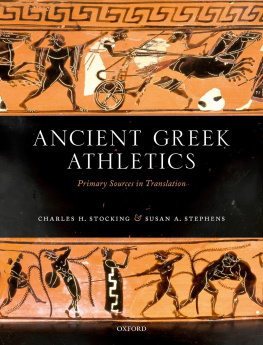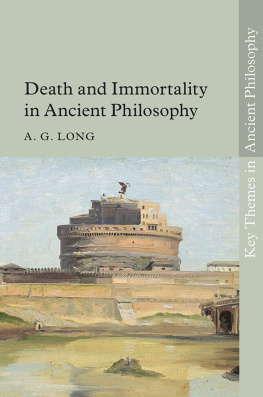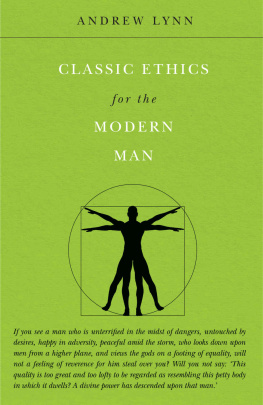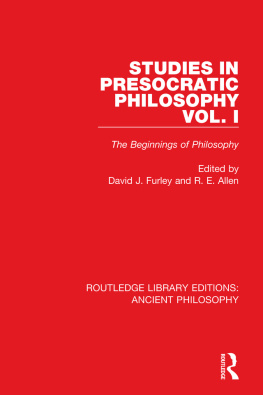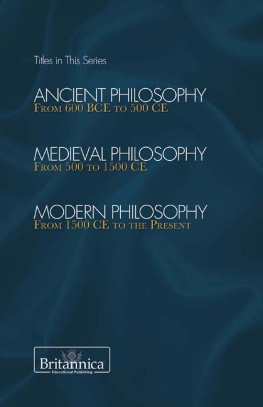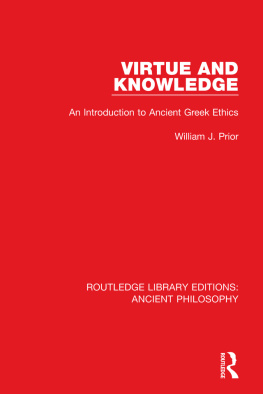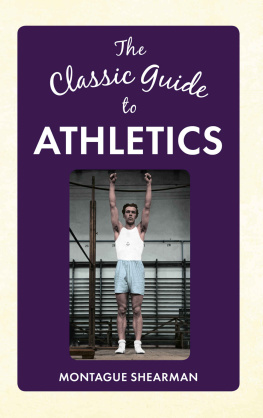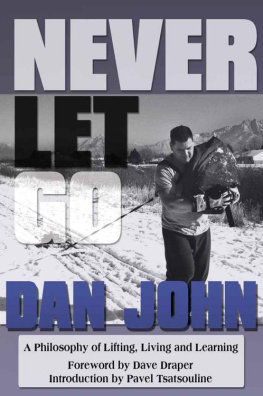Athletics and Philosophy in the Ancient World
This book examines the relationship between athletics and philosophy in ancient Greece and Rome focused on the connection between athleticism and virtue. It begins by observing that the link between athleticism and virtue is older than sport, reaching back to the athletic feats of kings and pharaohs in early Egypt and Mesopotamia. It then traces the role of athletics and the Olympic Games in transforming the idea of aristocracy as something acquired by birth to something that can be trained. This idea of training virtue through the techniques and practice of athletics is examined in relation to Socrates, Plato, and Aristotle. Then Roman spectacles such as chariot racing and gladiator games are studied in light of the philosophy of Lucretius, Seneca, and Marcus Aurelius. The concluding chapter connects the books ancient observations with contemporary issues such as the use of athletes as role models, the relationship between money and corruption, the relative worth of participation and spectatorship, and the role of females in sport.
The author argues that there is a strong link between sport and philosophy in the ancient world, calling them offspring of common parents: concern about virtue and the spirit of free enquiry.
This book was previously published as a special issue of Sport, Ethics and Philosophy.
Heather L. Reid is Professor and Chair of Philosophy at Morningside College in Sioux City, Iowa. Her work connects the fields of Ancient Philosophy, Philosophy of Sport, and Ancient Sports History. Her first book, The Philosophical Athlete was inspired by her experience as an elite cyclist.
Ethics and Sport
Series editors
Mike McNamee
University of Wales Swansea
Jim Parry
University of Leeds
Heather Reid
Morningside College
The Ethics and Sport series aims to encourage critical reflection on the practice of sport, and to stimulate professional evaluation and development. Each volume explores new work relating to philosophical ethics and the social and cultural study of ethical issues. Each is different in scope, appeal, focus and treatment but a balance is sought between local and international focus, perennial and contemporary issues, level of audience, teaching and research application, and variety of practical concerns.
Also available in this series:
Ethics and Sport
Edited by Mike McNamee and Jim Parry
Values in Sport
Elitism, nationalism, gender equality and the scientific manufacture of winners
Edited by Torbjrn Tnnsj and Claudio Tamburrini
Spoilsports
Understanding and preventing sexual exploitation in sport
Celia Brackenridge
Fair Play in Sport
A moral norm system
Sigmund Loland
Sport, Rules and Values
Philosophical investigations into the nature of sport
Graham McFee
Sport, Professionalism and Pain
Ethnographies of injury and risk
David Howe
Genetically Modified Athletes
Biomedical ethics, gene doping and sport
Andy Miah
Human Rights in Youth Sport
A critical review of childrens rights in competitive sports
Paulo David
Genetic Technology and Sport
Ethical questions
Edited by Claudio Tamburrini and Torbjrn Tnnsj
Pain and Injury in Sport
Social and ethical analysis
Edited by Sigmund Loland, Berit Skirstad and Ivan Waddington
Ethics, Money and Sport
This sporting Mammon
Adrian Walsh and Richard Giulianotti
Ethics, Dis/Ability and Sports
Edited by Ejgil Jespersen and Michael McNamee
The Ethics of Doping and Anti-Doping
Redeeming the Soul of Sport?
Verner Mller
The Ethics of Sport Medicine
Edited by Claudio Tamburrini and Torbjrn Tnnsj
Bodily Democracy
Towards a Philosophy of Sport for All
Henning Eichberg
Ethics, Knowledge and Truth in Sports Research
An Epistemology of Sport
Graham McFee
Exercise and Eating Disorders
An Ethical and Legal Analysis
Simona Giordano
The Ethics of Sports Coaching
Edited by Alun Hardman Carwyn Jones
Doping and Anti-Doping Policy in Sport
Ethical, Legal and Social Perspectives
Edited by Mike McNamee and Verner Mller
Athletics and Philosophy in the Ancient World
Contests of Virtue
Heather L. Reid
First published 2011
by Routledge
2 Park Square, Milton Park, Abingdon, Oxon, OX14 4RN
Simultaneously published in the USA and Canada
by Routledge
711 Third Avenue, New York, NY 10017
Routledge is an imprint of the Taylor & Francis Group, an informa business
2011 Taylor & Francis
This book is a reproduction of Sport, Ethics and Philosophy, vol. 4, issue 2. The Publisher requests to those authors who may be citing this book to state, also, the bibliographical details of the special issue on which the book was based.
All rights reserved. No part of this book may be reprinted or reproduced or utilised in any form or by any electronic, mechanical, or other means, now known or hereafter invented, including photocopying and recording, or in any information storage or retrieval system, without permission in writing from the publishers.
Trademark notice: Product or corporate names may be trademarks or registered trademarks, and are used only for identification and explanation without intent to infringe.
British Library Cataloguing in Publication Data
A catalogue record for this book is available from the British Library
ISBN13: 978-0-415-66950-4
Disclaimer
The publisher would like to make readers aware that the chapters in this book are referred to as articles as they had been in the special issue. The publisher accepts responsibility for any inconsistencies that may have arisen in the course of preparing this volume for print.
This is a work of philosophy. I begin with that statement because my extensive use of historical and classical texts may cause confusion about this books methods and goals. As a philosopher, I am comfortable making arguments and conjectures that might be anathema for historians and classicists. Foremost among these are my consistent and insistent comparisons between the ideas and practices of the ancient world and those of the modern day. I understand that there are good reasons to avoid such comparisons, in particular the tendency to reconstruct the ancient world in a way that serves modern tastes or political goals. Ancient sport has been a frequent victim of such treatment. The Greek Olympics have been falsely idealized to promote a class-based notion of amateurism. Roman gladiators have been falsely demonized to promote images of Christian martyrdom (gladiator contests and public executions of Christians who eschewed Roman religious laws were two different things). In this text, I interpret history and classical texts in such a way as to support my thesis of a meaningful connection between ancient sport and virtue that is relevant even today. But I have striven to do so in a way that respects not only historical context but also scholarly demands for evidence and logical consistency. In sum, I seek an understanding of what sport has been in order construct a philosophical vision of what it may become.

